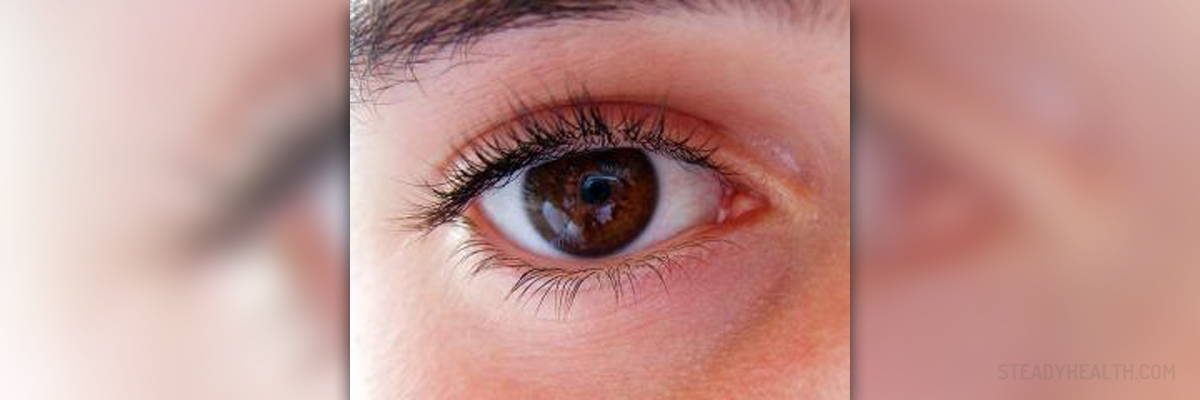
Menopause comes with many changes that occur in a woman’s body. This period is characterized by many unpleasant symptoms, from hot flashes, trouble sleeping, mood swings, fatigue, headache, but also dry eyes. Dry eyes may not be the most famous menopause issue, but this problem affects many women once they start their menopause.
Dry eyes in menopause
Dry eyes in menopause have the same symptoms as dry eyes caused by any other factor. The symptoms include itchiness, feeling that there is a foreign particle in the eye scratching and gritting it, tired and irritated eyes, blurred vision, pain, fatigue in the eye, tears running uncontrollably down the cheeks and difficulty wearing contact lenses.
Not all women in menopause suffer from dry eyes, but about 60 percent of them do to some extent. For some the symptoms are only mild but for some this poses a great problem.
Hormonal changes and dry eyes
The problem with dry eyes usually starts in perimenopause and menopause at the point when the hormone levels start to fluctuate. Several studies on the subject have linked dry eyes with androgen and estrogen receptors in the cornea and in the meibomean gland in the eye. There seems to be a correlation between the production of tears and the sex hormones.
Before menopause, the more testosterone a woman has, the fewer tears will be produced, and more estrogen means more tears. The situation changes in menopause- more testosterone means more tears, and more estrogen means fewer tears.
Any imbalance in the levels of testosterone, progesterone and estrogen can lead to abnormalities in the tear flow. And as the levels of those hormones in menopause start to fluctuate, it easily leads to disturbances in the tear flow, and thus to dry eyes.
When the eyes are not lubricated sufficiently, they easily become inflamed. The body starts producing more tears to repair the inflammation, but those tears are mostly water and do not contain enough lubricating material, which only perpetuates the problem.
The problem of dry eyes, like any other symptom in menopause, can only be solved by regulating the balance of hormones. It is best to discuss this issue with a gynecologist or general physician and to learn about different ways to restore the balance between estrogen, progesterone and testosterone.
However, there are remedies that provide comfort and relief for dry eyes, and one of the bets is artificial tears or eye drops that lubricate the eye. These can be bought in any drugstore or pharmacy, with or without the prescription, depending on the strength.


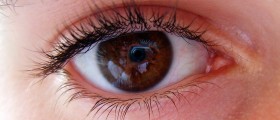
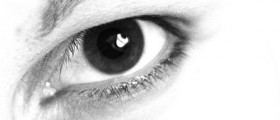

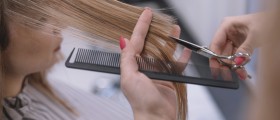








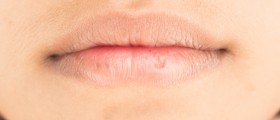

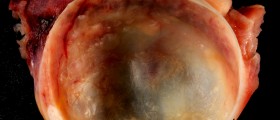
Your thoughts on this
Loading...